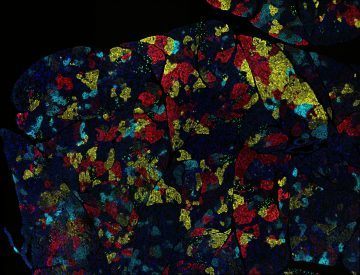Brian Gallagher in Nautilus:
 To better understand and treat cancer, physicians need to stop oversimplifying its causes. Cancer results not solely from genetic mutations but by adapting to and thriving in micro-environments in the body.
To better understand and treat cancer, physicians need to stop oversimplifying its causes. Cancer results not solely from genetic mutations but by adapting to and thriving in micro-environments in the body.
That’s the point of view of James DeGregori, a professor in the Department of Biochemistry and Molecular Genetics at the University of Colorado School of Medicine. In a recent Cancer Research paper, DeGregori took a trio of researchers—Cristian Tomasetti, Lu Li, and Bert Vogelstein—to task for their assessment of cancer risk. “Cancers,” they wrote in Science, “are caused by mutations that may be inherited, induced by environmental factors, or result from DNA replications errors.” The latter, they concluded “are responsible for two-thirds of the mutations in human cancers.”
Their model of cancer risk is “mutation-centric,” DeGregori said in a recent interview with Nautilus. “What I’m arguing is that they’re modeling a risk by not factoring in how the causes of cancer, like aging or smoking, impacts selection for mutations by impacting tissue micro-environments,” he said. “Their assessments of risks will be wrong because they’re basically missing a major important factor.”
More here.
